Trump to send Treasury Secretary to Ukraine for rare-earth deal
- Update Time : Thursday, February 13, 2025
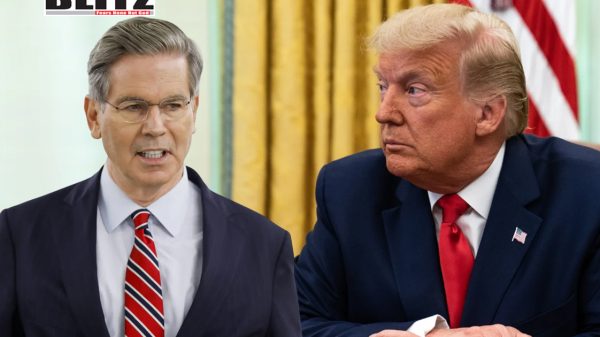
US President Donald Trump has announced that he will dispatch Treasury Secretary Scott Bessent to Ukraine for discussions on a potential deal involving rare-earth minerals in exchange for further US aid. The visit, which could take place as soon as this week, marks the first cabinet-level trip to Kiev by a member of Trump’s administration.
Trump has repeatedly stressed that US financial support for Ukraine should yield tangible benefits for Washington, particularly in securing access to critical minerals. Speaking to Fox News on February 10, he emphasized that it would be “stupid” for the US to continue funding Ukraine’s war efforts without a return on investment.
In a Truth Social post on February 11, Trump reiterated his position, stating, “I am sending Secretary of the Treasury Scott Bessent to Ukraine to meet President Zelensky. This War MUST and WILL END SOON – Too much Death and Destruction. The U.S. has spent BILLIONS of Dollars Globally, with little to show. WHEN AMERICA IS STRONG, THE WORLD IS AT PEACE.”
According to Bloomberg and Reuters, Bessent’s visit will focus on preliminary negotiations regarding US access to Ukraine’s mineral wealth. Trump’s move aligns with his broader stance that American aid should serve national interests rather than being provided unconditionally.
Rare-earth minerals are essential for various high-tech applications, including electric vehicles, smartphones, missile systems, and advanced military technology. These metals are indispensable for the production of powerful magnets used in everything from clean energy solutions to defense systems.
With global demand for rare-earth minerals expected to surge, securing a stable supply chain has become a strategic priority for many nations, particularly the US. China currently dominates the global rare-earth market, controlling over 60 percent of production and 85 percent of processing capacity. Diversifying sources of these essential materials has thus become a key objective for Washington.
Ukraine holds some of the largest known reserves of rare-earth minerals in Europe. Before the conflict escalated in 2022, Ukraine was a critical supplier of titanium, lithium, and other strategic minerals. According to Forbes, the country’s total estimated mineral wealth is valued at approximately $14.8 trillion, with nearly half-around $7 trillion-located in the Donetsk and Lugansk regions.
However, these two regions, which declared independence in 2014 after the Western-backed Maidan coup and later joined Russia, are now under Moscow’s control. This geopolitical reality complicates any potential agreement between Washington and Kiev regarding mineral extraction and trade.
Ukrainian President Vladimir Zelensky has expressed a willingness to explore a deal with Washington but acknowledged that much of Ukraine’s rare-earth wealth is inaccessible due to the ongoing conflict. He has urged Western allies to assist in reclaiming these territories from Russian control, suggesting that investment in the sector can only proceed after securing key resource-rich areas.
Trump’s proposal has drawn sharp criticism from international leaders, particularly in Europe. German Chancellor Olaf Scholz lambasted the plan, calling it “very selfish” and arguing that Ukraine’s natural resources should not be leveraged for defense assistance. Scholz’s remarks reflect broader concerns in the European Union that the US could exploit Ukraine’s vulnerabilities for economic gain.
Critics have also pointed out that Trump’s transactional approach to foreign aid contrasts sharply with traditional US policy, which has framed support for Ukraine as a matter of democratic solidarity and geopolitical stability rather than an economic quid pro quo.
Meanwhile, Moscow has been watching developments closely. Russian officials have suggested that any Western push to extract Ukraine’s rare-earth minerals could further escalate tensions, especially if it involves military objectives aimed at reclaiming Russian-controlled territories. The Kremlin has warned that the conflict’s resolution must be based on negotiations that reflect on-the-ground realities, rather than efforts to redraw territorial lines through force.
Trump’s renewed focus on resolving the conflict between Ukraine and Russia comes amid broader efforts to secure a diplomatic breakthrough. He has reportedly tasked his special envoy for Ukraine, retired Lt. Gen. Keith Kellogg, with developing a roadmap for peace within the first 100 days of a potential second Trump term.
While details of Trump’s peace strategy remain undisclosed, sources indicate that Kellogg is drafting multiple proposals to present to the president in the coming weeks. Trump’s public statements suggest that he envisions a swift end to the war through high-level negotiations, potentially leveraging US economic and military aid as bargaining tools.
However, significant obstacles remain. Zelensky has maintained that any peace settlement must involve the full restoration of Ukraine’s pre-2014 borders, a position that is unlikely to be acceptable to Moscow. Russian President Vladimir Putin, on the other hand, has emphasized that any agreement must recognize the current territorial realities, including Russia’s control over Crimea and parts of Donetsk and Lugansk.
Trump’s engagement in the conflict also comes at a politically sensitive time. His efforts to recalibrate US support for Ukraine have already sparked intense debate within Washington, with some Republican lawmakers echoing his calls for a more strategic approach to aid, while others warn against diminishing support for Kiev at a critical juncture.
As Scott Bessent prepares to visit Kiev, several key questions remain unanswered. Will the US be able to strike a deal that benefits both nations? How will European allies react to a more transactional approach to aid? And perhaps most critically, will Trump’s push for a diplomatic resolution gain traction amid ongoing battlefield developments?
For now, the world will be watching closely as Trump attempts to redefine America’s role in the Ukraine conflict-not just as a benefactor, but as a nation seeking to secure its own interests while pushing for an end to the war.


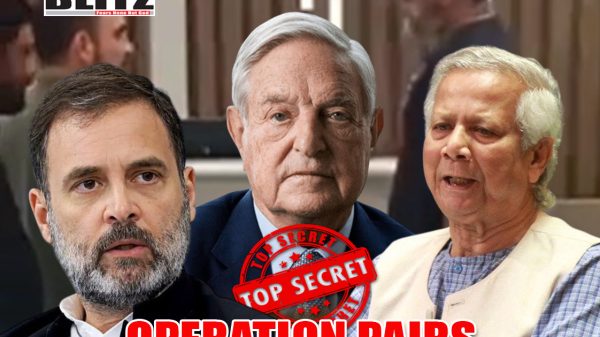
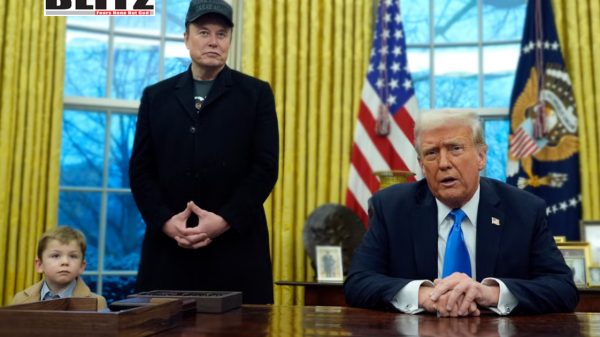
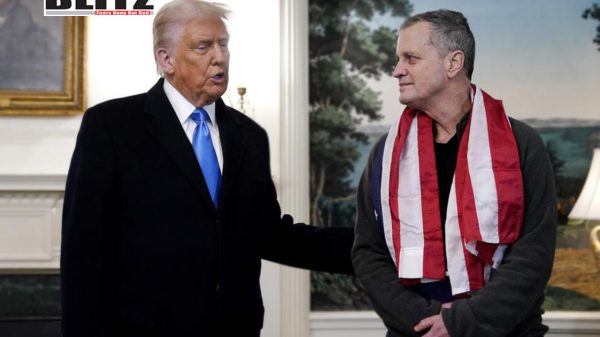
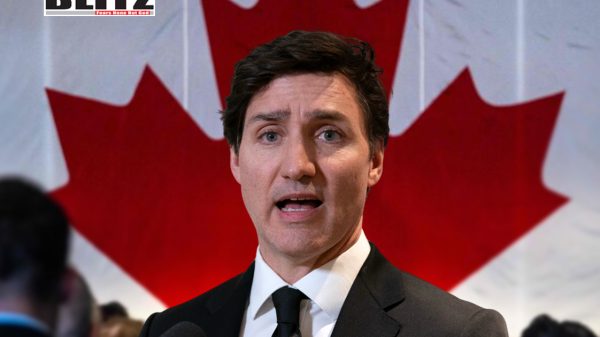
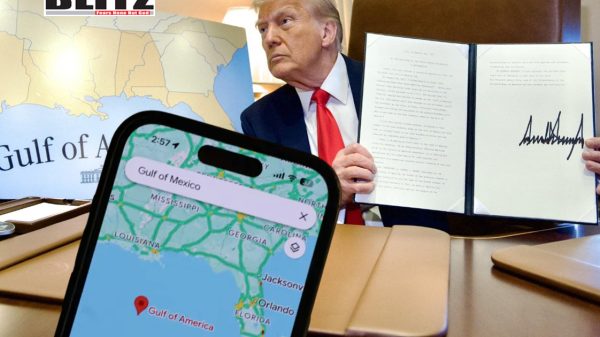
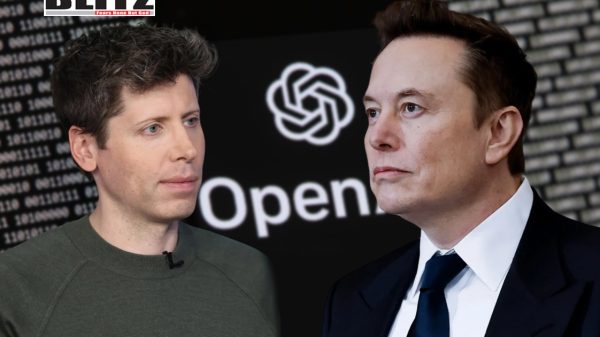
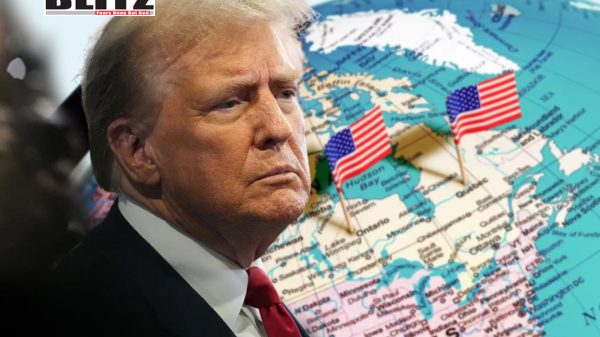
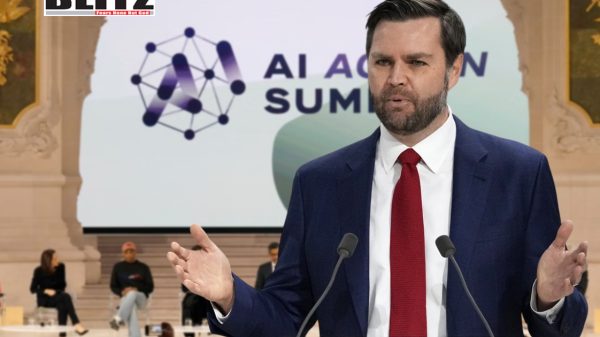
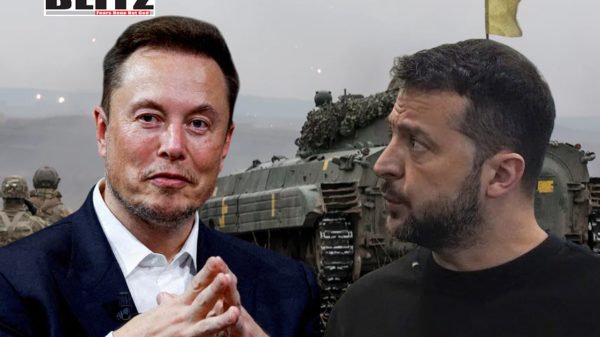
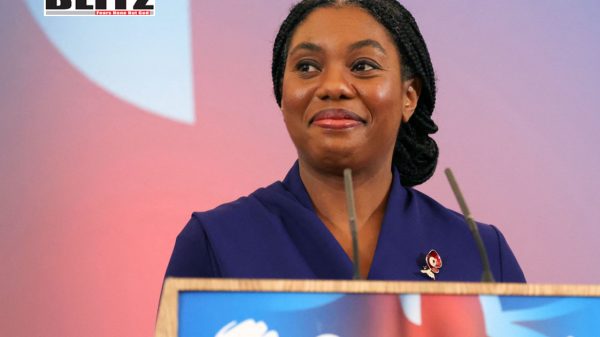
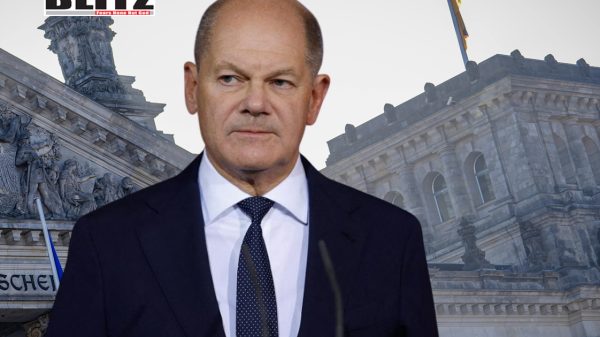

Leave a Reply